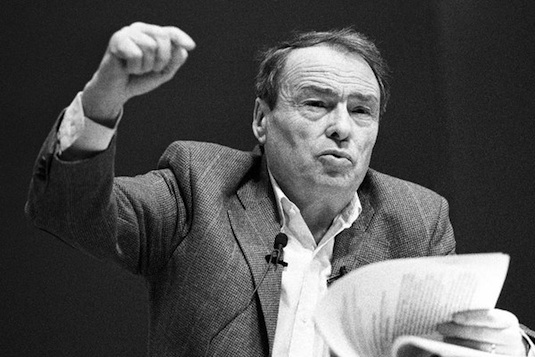
What explains the enormous popularity of Bourdieu's critical theory in US academia and particularly in sociology? This paper considers two answers. One is that Bourdieu offers a compelling macrosociological account of contemporary society similar in scale to those of Marx, Weber, or Durkheim. However, a close examination shows that Bourdieu fails in this task. His work offers neither an empirically supported class analysis nor an account of social reproduction or social change. Thus, I conclude that Bourdieu's popularity cannot be a result of the power of his explanations.I'm a critical friend of Bourdieu and thinks he has a great deal to offer, so I look forward to going through this piece. Though I will note there is nothing new to the substitutionist claims made of professorial purveyours of social theory. When I were a lad the same was said of the linguistic turn in the social sciences, and the volumes of works thrown out on deconstruction, the decentred subject, the collapse of class and metanarratives, and the destabilisation of knowledge. Before that, 'twas ditto for Althusser's disciples, their attacks on empiricism and their attempt to reconstruct Marx sans Hegelian residues. Therefore I expect some elements of this argument will be persuasive.
There is, however, a second answer: that Bourdieu's sociology is popular because of the specific social conditions in US academia today. In this context, where intellectuals win rewards by pursuing a strategy of distinction, where they lack much organizational connection to popular movements, and where their material interests lie in a defense of their privileges, Bourdieu's sociology is highly attractive. It effectively resonates with academics' lived experience and serves to articulate their most fundamental political interests.
I'll also note there's a certain implication of naivete in Dylan's abstract. The power of truth, the compelling qualities of an argument and so on do not have an efficacy of their own. There are sociological reasons for the prominence of Bourdieu in sociology, just as we have to look to the institutional and power assemblages producing economics as a discipline to explain the dominance of the neoclassical view. If truth, evidence and rigour were independent determinants then this blog, along with the doings of the left would have a much wider audience than bullshit peddlers like Dan Hannan and Nigel Farage.
Anyway, once it's done and if it gets accepted I'll let you all know.
1 comment:
I claim barely any greater knowledge about this than the average person, but I'd have thought Bourdieu would've been highly unappealing to academia, unless Riley is arguing that some form of cosmetic self-flagellation is the point.
Post a Comment